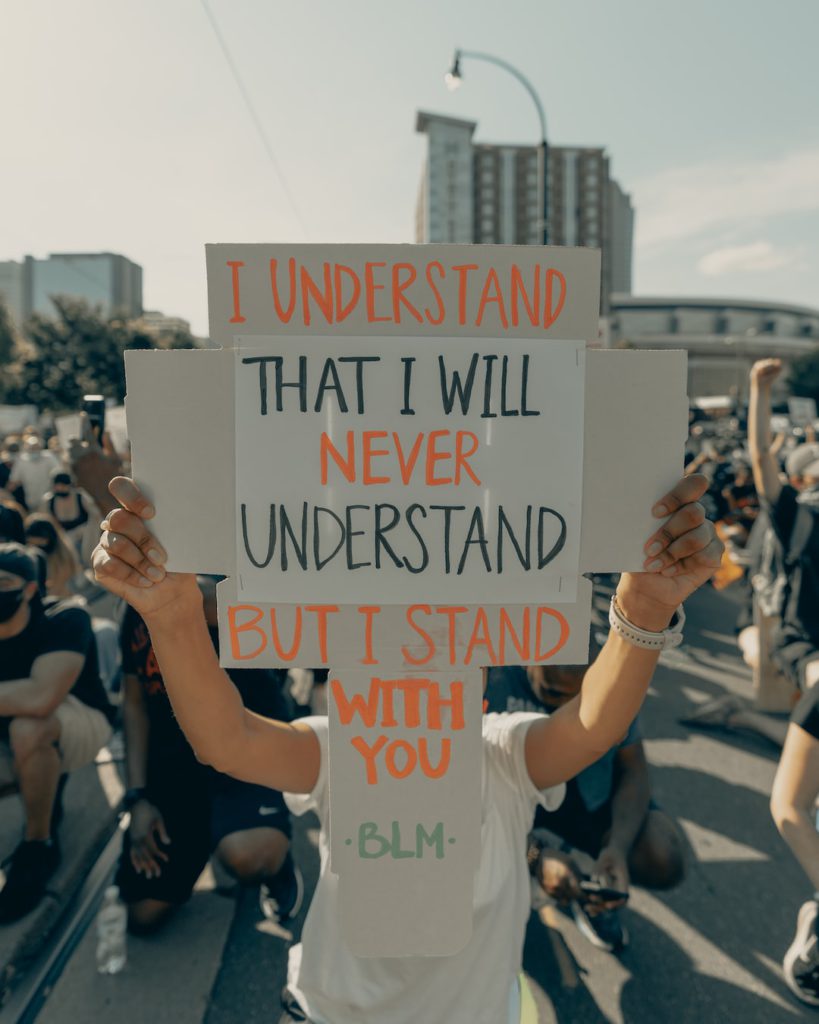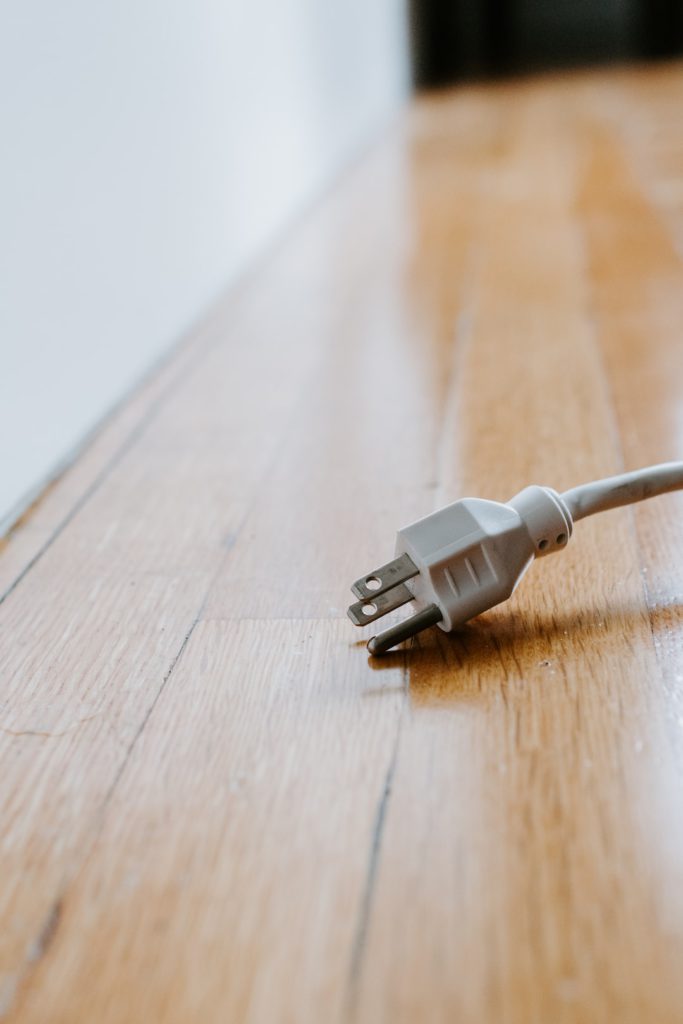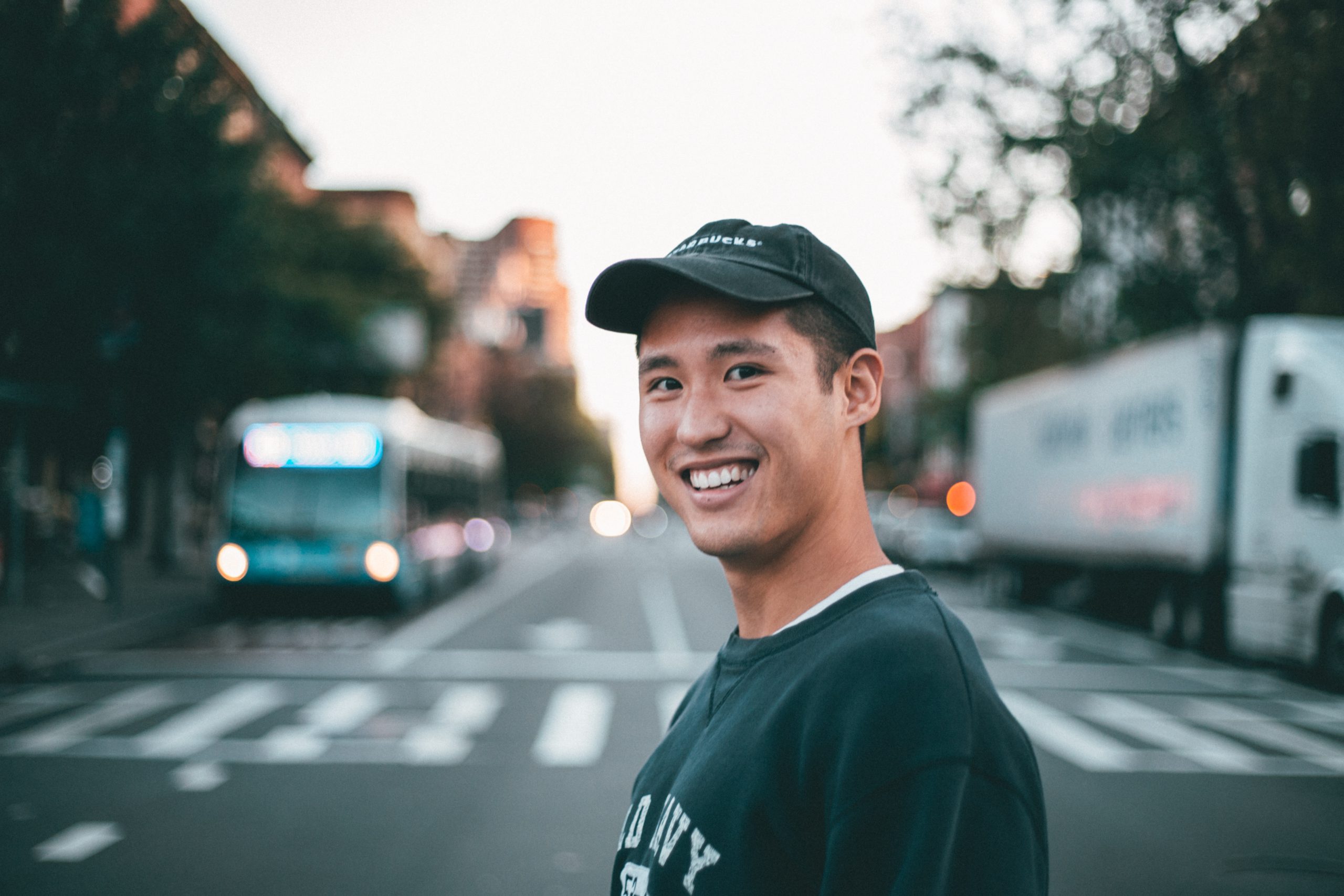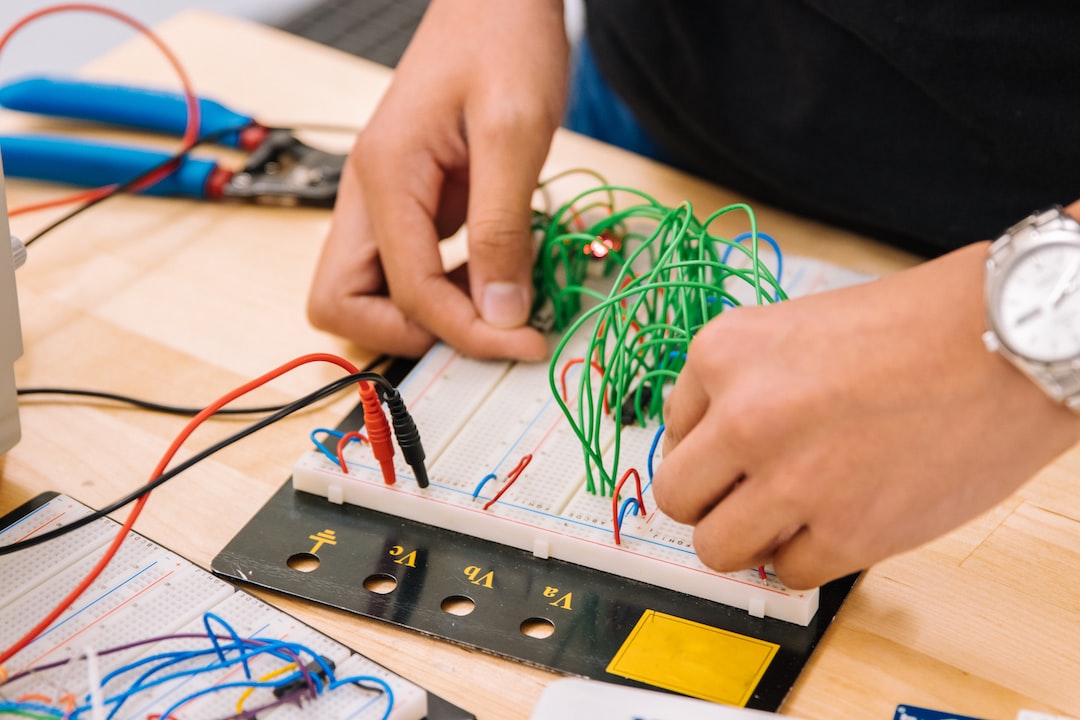Key Takeaways
In this article, we will explore the concept of mysogynoir, a term that combines misogyny and racism to describe the unique experiences and challenges faced by Black women. We will delve into the origins of mysogynoir, its manifestations in various aspects of society, and the impact it has on the lives of Black women. By understanding mysogynoir, we can work towards dismantling the systems that perpetuate it and create a more inclusive and equitable society.
Origins of Mysogynoir
Mysogynoir, a term coined by queer Black feminist Moya Bailey, emerged as a way to address the specific intersectional oppression faced by Black women. It recognizes that the experiences of Black women are shaped by both racism and sexism, resulting in unique forms of discrimination and marginalization.
Historically, Black women have been subjected to a double burden of oppression, facing both racial and gender-based discrimination. The term mysogynoir highlights the ways in which these intersecting forms of oppression intersect and compound, leading to distinct forms of violence, erasure, and devaluation.
Manifestations of Mysogynoir
Mysogynoir manifests in various aspects of society, including media representation, healthcare, education, and the criminal justice system. In media, Black women are often hypersexualized, portrayed as aggressive or angry, and their achievements are often overlooked or undermined. This perpetuates harmful stereotypes and reinforces the devaluation of Black women’s experiences and contributions.
In healthcare, Black women face disparities in access to quality care and are more likely to experience maternal mortality compared to their white counterparts. This is due to a combination of racial bias, gender bias, and systemic neglect, which contribute to the neglect and mistreatment of Black women’s health concerns.
In education, Black girls are disproportionately disciplined and pushed out of schools, often facing harsher punishments for minor infractions compared to their white peers. This contributes to the school-to-prison pipeline and limits educational opportunities for Black girls.
The criminal justice system also perpetuates mysogynoir, with Black women being disproportionately targeted, arrested, and incarcerated. They face harsher sentences and are often subjected to violence and abuse while in custody. The intersection of racism and sexism within the criminal justice system further marginalizes and dehumanizes Black women.
Impact of Mysogynoir
The impact of mysogynoir on Black women is profound and far-reaching. It affects their mental and physical health, their economic opportunities, and their overall well-being. The constant devaluation and erasure of Black women’s experiences can lead to feelings of invisibility, low self-esteem, and internalized racism and sexism.
Mysogynoir also hinders the advancement of Black women in various fields, including academia, politics, and corporate settings. The barriers they face, such as limited access to resources, biased hiring practices, and lack of representation, contribute to the persistent underrepresentation of Black women in positions of power and influence.
Furthermore, mysogynoir perpetuates a cycle of violence and discrimination that affects future generations. The negative stereotypes and biases against Black women can be internalized by young girls, limiting their aspirations and potential. Breaking this cycle requires dismantling the systems that perpetuate mysogynoir and creating spaces that value and uplift the experiences and contributions of Black women.
Conclusion
Mysogynoir is a term that sheds light on the unique experiences and challenges faced by Black women as a result of intersecting racism and sexism. By understanding the origins and manifestations of mysogynoir, we can work towards dismantling the systems that perpetuate it and create a more inclusive and equitable society.
It is crucial to recognize and amplify the voices and experiences of Black women, challenging harmful stereotypes and biases. By doing so, we can create spaces that value and uplift the contributions of Black women, and ultimately, work towards a more just and equal world for all.









